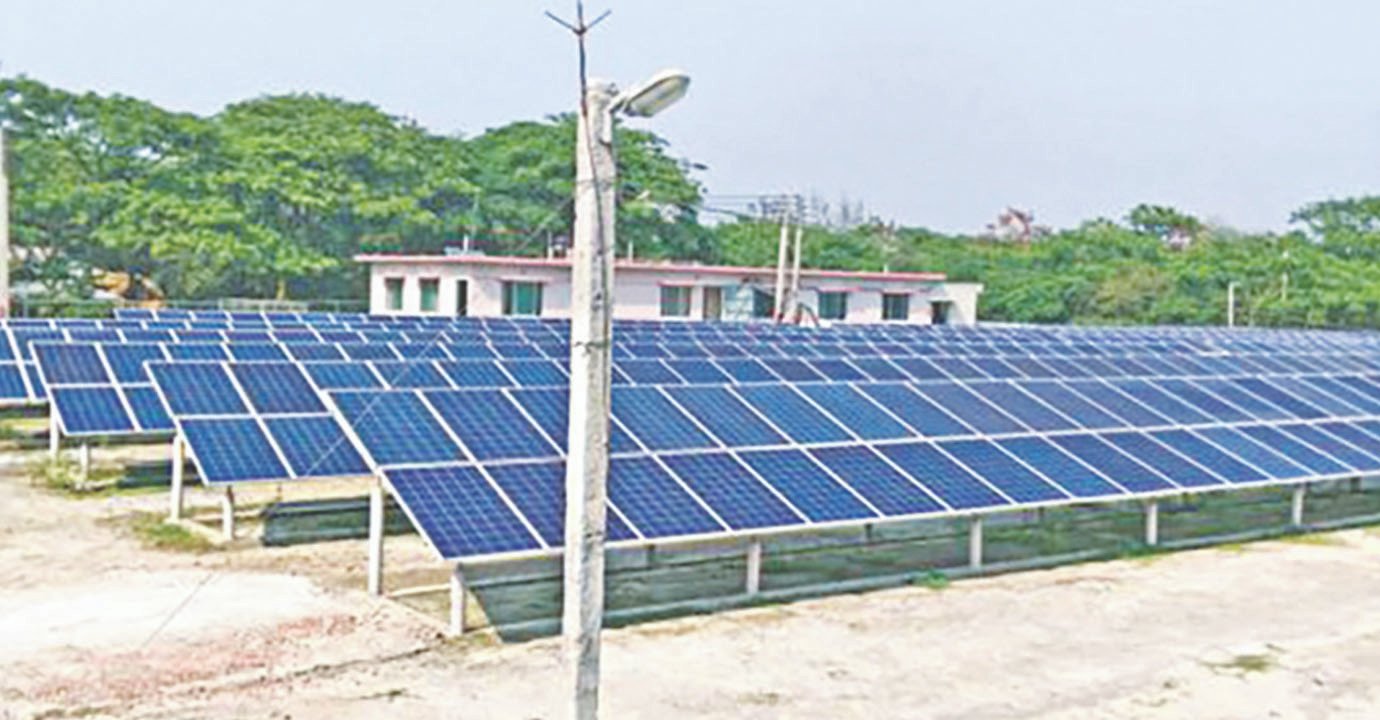
Bangladesh has the largest off-grid solar power program in the world, which offers experiences and lessons for other countries for expanding access to clean and affordable electricity.
By harnessing solar power, the program enabled 20 million Bangladeshis to access electricity.
The World Bank (WB) recently launched a book titled: "Living in the Light- the Bangladesh Solar Home System Story," which documents how off-grid solar electrification was mainstreamed to a large segment of the population living in rural areas.
Starting in 2003 as a 50,000 household pilot, the program at its peak, provided electricity to approximately 16 per cent of the rural population. The program helped the country save 4 billion litres of kerosene worth about $908 million.
“Bangladesh is known for its innovative development approaches. In remote and hard to reach areas, the government successfully introduced affordable off-grid renewable energy solutions through a public-private partnership. Clean electricity meant better health and living conditions for families and more study time for children,” said WB Country Director Mercy Tembon.
“Our partnership with the government for this program spans nearly two decades, and now our support has expanded to include other renewable energy options," she added.
Successive financing through the Rural Electrification and Renewable Energy Development (RERED) Project, the World Bank supported the Infrastructure Development Company Ltd (IDCOL) to implement the program.
IDCOL combined its expertise in infrastructure financing with Bangladesh’s pioneering work in micro-financing and private sector solar electrification initiatives to build a scalable off-grid electrification business model.



